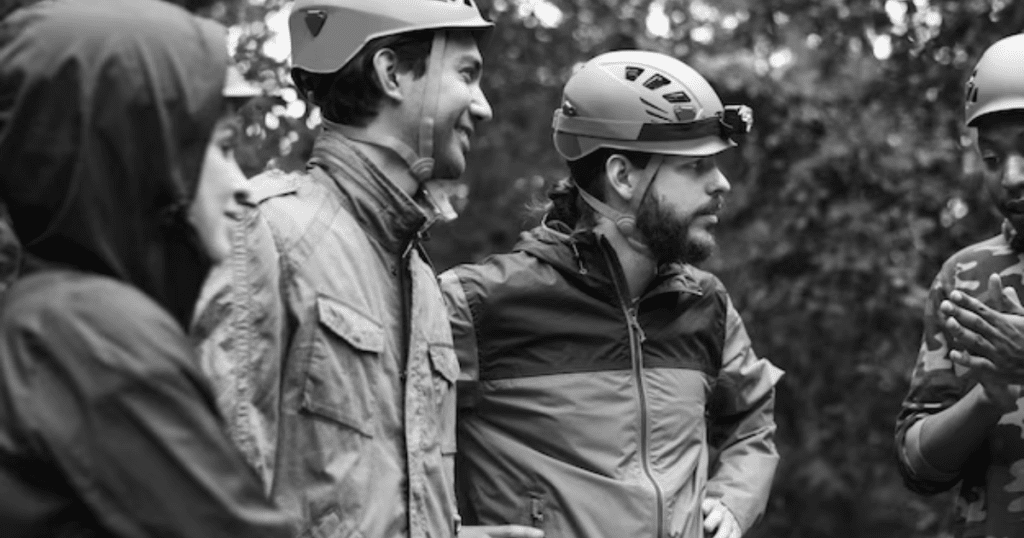Psychological Aftermath of Survival
Surviving such an arduous ordeal did not come without its emotional cost. While the climber was going about recovering physically, the mental toll of their months in isolation were beginning to rise to the surface. Sleep disturbances, increased anxiety, and re-occurring flashbacks were just a few of the symptoms that the climber encountered. As the days went by and they tried to regain a semblance of routine, the psychological aftermath of their experience began to take its toll.

The trauma of being entrapped in the mountains for that long left an indelible scar on the mental health of the climber. They were unable to shake off those feelings of isolation and helplessness. The once robust climber now had to fight inner battles, reintegrating into society and making life outside the mountains a little easy. Their mind, once calm and focused in the midst of adversity, now wrestled with the anxiety of simply leaving their home or going outside.
Yet, the climber remained determined to seek help. Therapy sessions with mental health professionals became a regular part of their recovery process. They spoke openly about their experience, and over time, they began to understand how their trauma had shaped them. In this environment, with professional care and support from an understanding community, the climber slowly began to heal on all levels. The journey to mental healing was long, but it was a required step toward getting back into normal living.





